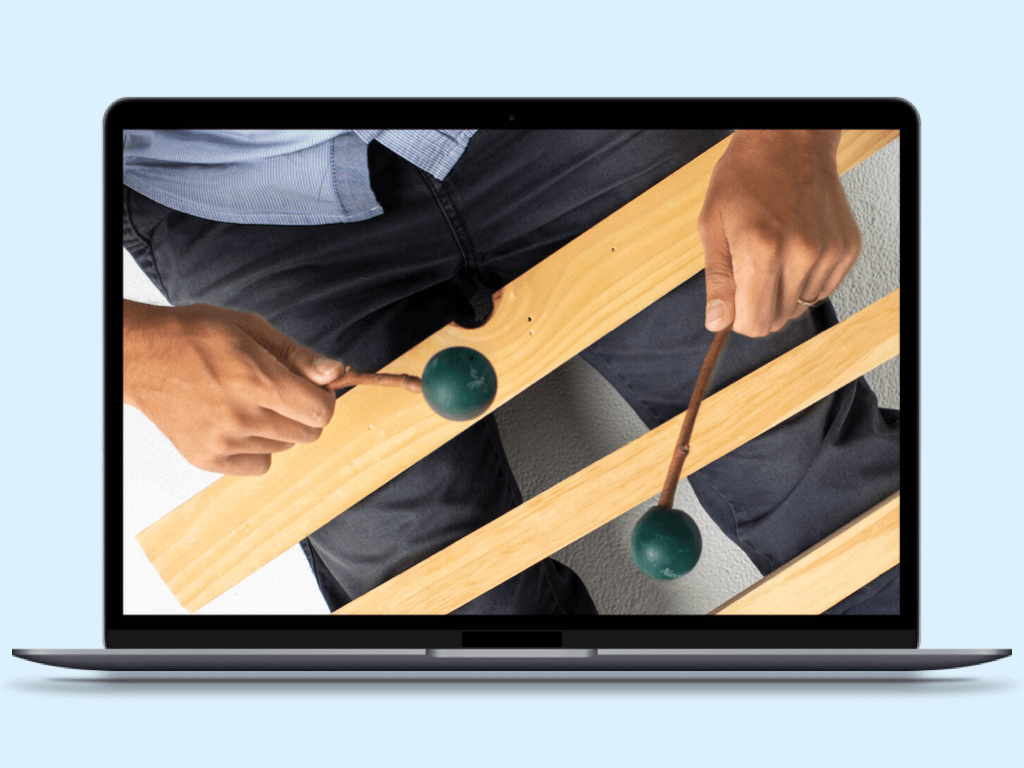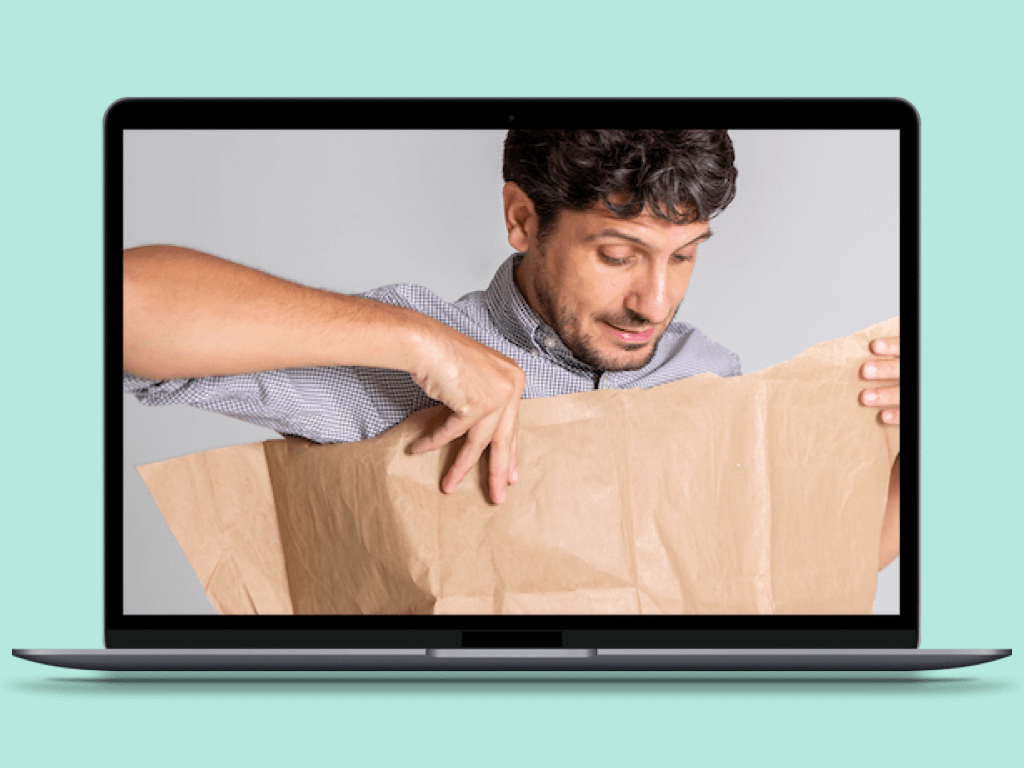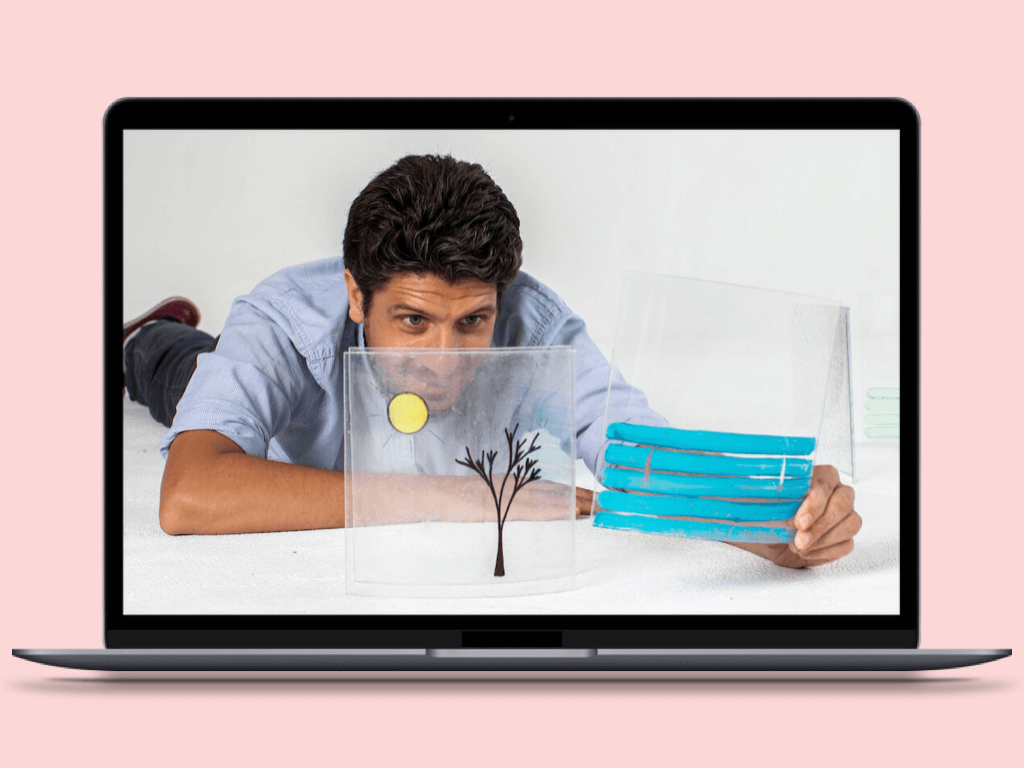Hands-on PD
Training for Early
Childhood Educators
Hands-on Professional Development Training
is the Most Effective Learning Experience
for Early Childhood Educators
Our professional development training drive and promise:
Valuing and Enabling Child-centered Learning Experiences
Tom’s enthusiasm and passion are contagious. His emphasis on creating and building connection, his invitation to learn with the child by following the child’s curiosity and sense of wonder; coupled with his dynamic, creative, thoughtful ideas is nothing short of a magical experience. Thank you for sharing your wisdom and understanding!
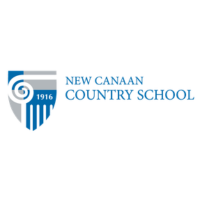
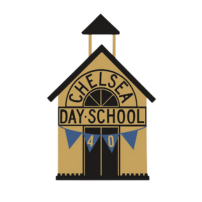
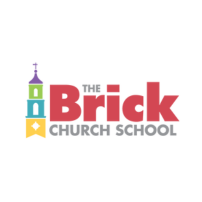

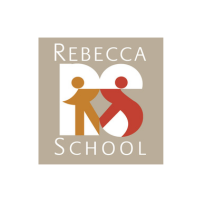

In-person, Hands-on Professional Development Training Programs for Early Childhood Educators
Format: In-person at your facility | Duration: 2 Hours to Full Day
Choose your PD training topic and get in touch!
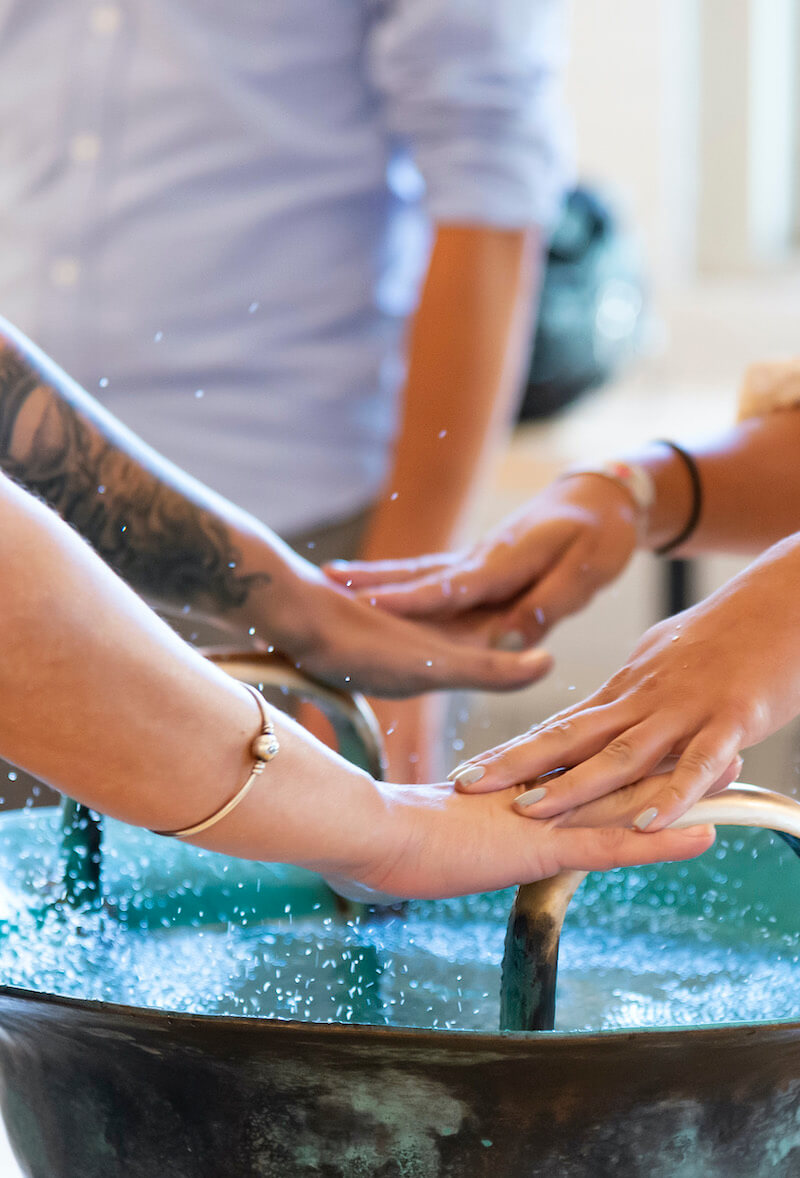
Sensory Learning and Movement
Teachers and educators often ask me: “Should we teach children these skills, or can they learn them themselves?”
Discover how children’s (0-5) Sensory Perception and Movement impact their Autonomous Learning and Competence.
Our approach in this PD training is: “If children do it, we should do it too.”
Agenda & Learning Topics:
- Exploring Tactile, Auditory, and Olfactory Systems, their Integration, and Beyond
Activity #1: Resonating Clothing Hangers
Activity #2: “The Journey to Standing Up”
Activity #3: “Peeling an Orange”
Topics: Time perception; stimuli’s intensity; tactile and auditory competence; fine and gross motor skills + imagination; balance and kinesthetics; curiosity and discovery; autonomous learning experiences v. direct instruction. - Exploring Balance, Sound, Gravity, and Behavior
Activity #4: Body Xylophone (Sensory Integration, Psychomotor Education, Special Needs)
Activity #5: “Running and Laughing”
Activity #6: Paper Parachute
Topics: Proprioception, sensory integration & behavior, overstimulation, self-regulation, elements of psychomotor education, sensory integration through collaborative play
- Learning from Everyone’s Sensory Systems through Play and Movement
Activity #7: “Snowball Fight”
Activity #8: “That’s You!” a Body-scheme game
Topics: Sensory integration through collaborative play, body scheme and discovery of the individual “form,” embodied cognition, and learning through imitation.

Learning Outdoors
The areas surrounding daycare centers and preschools always provide opportunities for children to escape confining indoor spaces and open their eyes to what’s outside.
Urban and natural settings can inspire them to move, play, explore, and learn in a completely new way.
Explore the benefits of outdoor learning!
Discover and understand the pedagogical potential of the outdoor space around your early learning facility.
Learn how to prepare outdoor areas for learning through play.
Learn how to support children’s physical, social, and emotional development outdoors.
Learn practically how to implement your academic curriculum in outdoor education.
Learning Objectives:
- Explore Natural Materials
Working with light, shadows, water, grass, dirt, sticks, sand, clay, rocks, and more – in ways that are both creative and practical – you learn how to develop new settings and activities that allow you to engage with toddlers and preschoolers in a variety of projects outside the classroom. - Move and Learn
You will build and try out zero-budget constructions and settings that enhance children’s movement and curiosity.
- Let Go
This training program will give you an extensive kit of safe and practical ideas designed to foster autonomous learning. Learn how to let children go and observe their development under the open sky. - Play and Explore (Academics Outdoors)
You will learn how to “read” the outdoor space outside your school to implement your academic curriculum in outdoor areas.
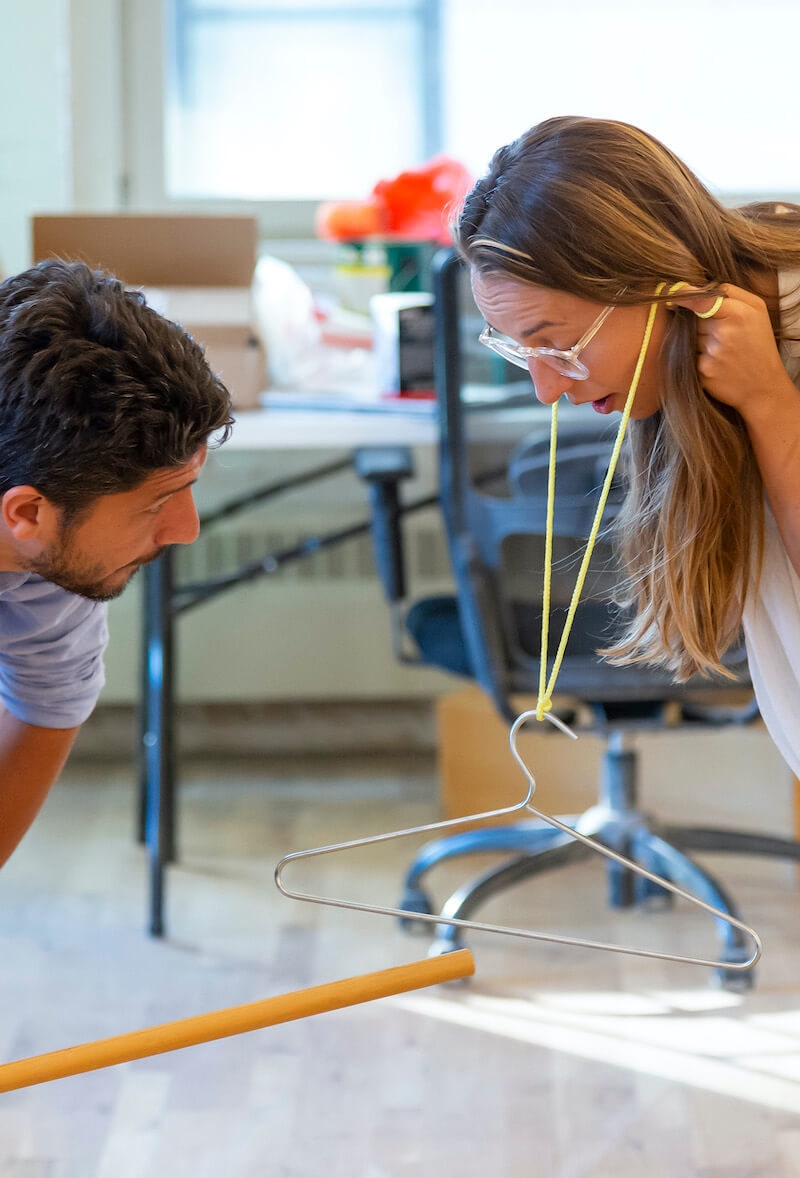
Teach SEL Through STEM
For children, STEM pedagogy is an opportunity to develop their social-emotional learning competence (SEL).
While learning how cause and effect, oscillation, kinetic energy, and many other phenomena work through play, children deal with self-awareness, collaboration, inclusion, and the idea of community.
In this PD training, you learn how children can use STEM in sensory, motor, imaginative, and social-emotional learning.
Discover how to use forms, function, force, and motion in young children’s physical and social-emotional development.
Learning Objectives:
- Direct, Practical Implementation
Through multiple interactive activities, you will learn how to appreciate learning as a physical and emotional act within a “natural” STEM environment you can easily set up in your classroom. - Language, Emotion, and Science
You will learn how to use children’s perceptual systems and embodied cognition as a language to introduce multiple conversations related to experiences in STEM. - Social-Emotional Learning and Physics
Learn how to combine oscillation, kinetic energy, and other physical phenomena with self-awareness, collaboration, and community. - Science, Engineering, Math, and Inclusion
Learn how to set up STEM-based experiences that support every child or student to thrive, ignite a problem-solving culture, and elevate each person’s potential.
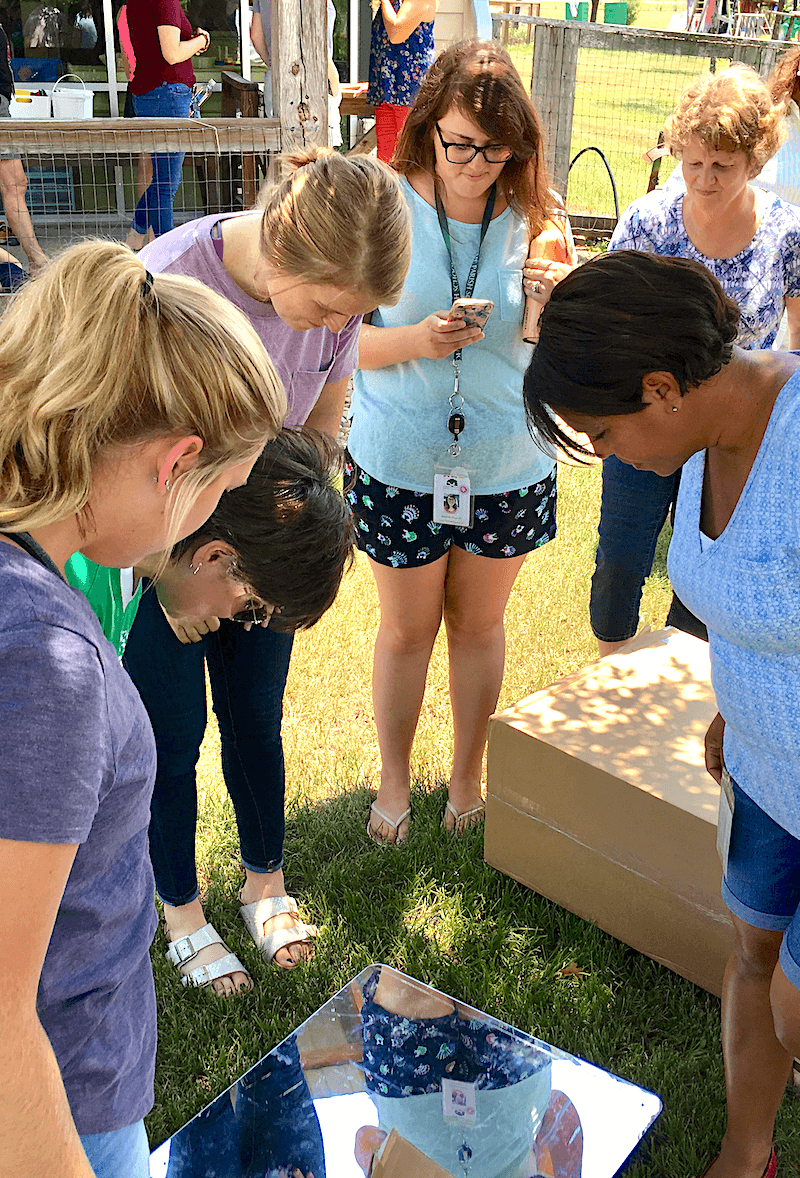
NEW! Making Sense of the Reggio Approach
A New Professional Development for Early Childhood Educators to Build Confidence with the Reggio Emilia Pedagogical Approach
The Reggio approach is primarily about trusting and believing in every child as a naturally competent, equally respected, active individual in our communities.
Children (not materials, equipment, environments, and provocations) are the enablers and protagonists of the learning experience.
Learning Objectives:
To really “make sense” of the Reggio approach as educators, we focus on the child and learn how to enter their mind (and body): We embody how children discover, experience, play, and explain the world to themselves daily.
A Deep, Practical Dive into Children’s Minds
This child-centered, introductory professional development training is about (respectfully and professionally) questioning everything children do.
Questioning means:
- Reproducing and analyzing discovery processes,
- Stepping back and observing children in action without judging, prejudging, or anticipating outcomes,
- Listening more than talking.
The Child at the Center
In this new hands-on PD training, educators embody being inside a child’s mind and realize they can learn from children.
Starting from this revelation, they learn to explore how to find a role, a scope, and a lingo to assist and support children’s autonomous learning journeys professionally.
Wondering, Competence, Learning, and Control
The “Making Sense of Reggio“ PD training also involves understanding and building awareness around the impact of adult control on children’s natural learning abilities.
In training, educators learn how to flexibly approach any preschool curriculum, focusing on children’s competence instead of relying on adults’ instructions, plans, and classroom schedules.
Fun, Reward, Team Collaboration
During this professional development, educators learn to see themselves as a team of researchers (“Childhood Researchers,” how cool is that?).
Fun and rewards happen organically every time they learn something new from children as faculty.
As a result, educators build a profound team-collaborative spirit.
- Are you a school, childcare center, ECE program director, owner, or administrator?
- Do you believe in children‘s competence?
- Do you want your staff to finally grasp and implement what you’ve read about (and maybe seen in) Reggio Emilia?
This PD training is for you. Contact us to Learn More!
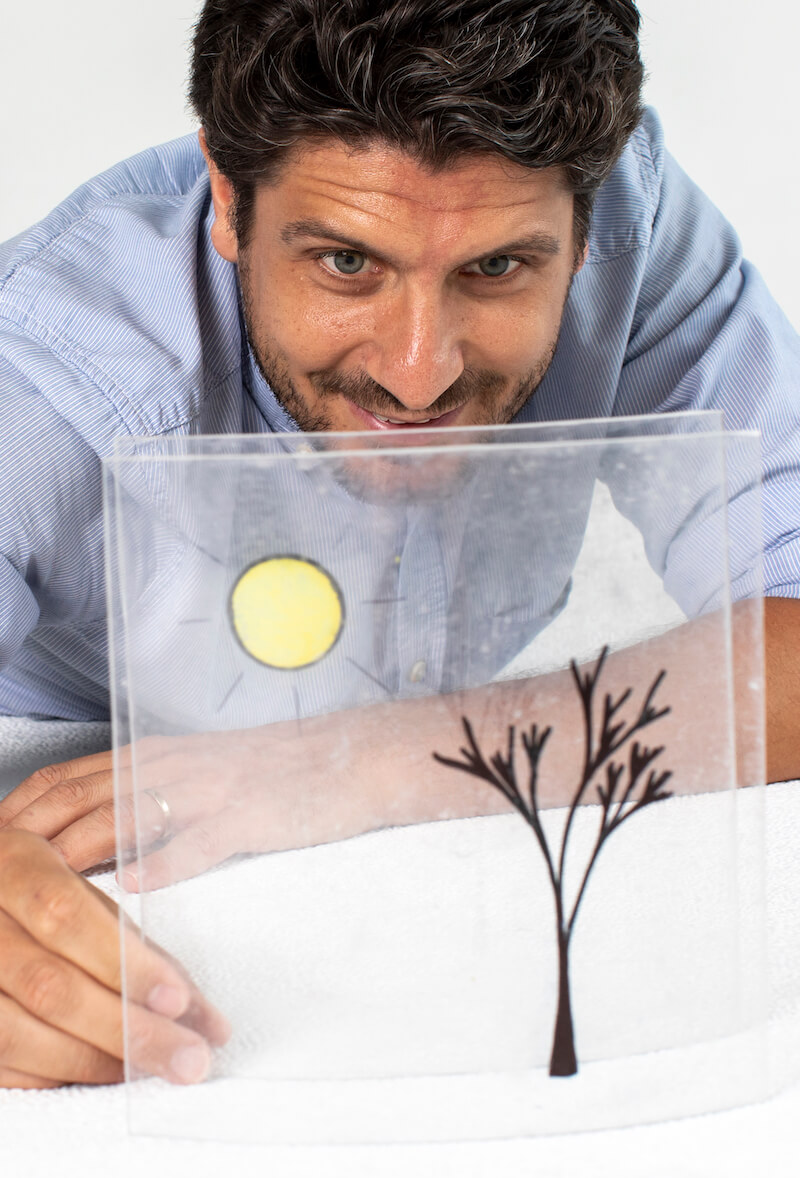
Early Literacy: The Art of Inventing Stories
- Participants will “learn by doing” as many innate techniques children commonly use to invent stories.
- They will learn how to support young children’s imagination and interact in imaginative play “environments.”
- They will learn how to listen to any children’s verbal creative process and how to support them in finding their voice and other forms of expression, especially graphism.
- They will learn new ways to share stories with children beyond reading books out loud.
- They will learn how to construct a story by playfully analyzing the structure of stories.
- Finally, they will learn how to use books non-conventionally as a source to invent new stories.
Dear Tommaso, Thank you so much for sharing your work with our school community. The power and beauty of the metaphors you share were exactly what we needed to inspire and evolve our commitment and work with children and families.
HYBRID, Hands-on Professional Development Training Programs for Early Childhood Educators
Format: Live on Zoom | Duration: 2 Hours | Number of Participants: Unlimited
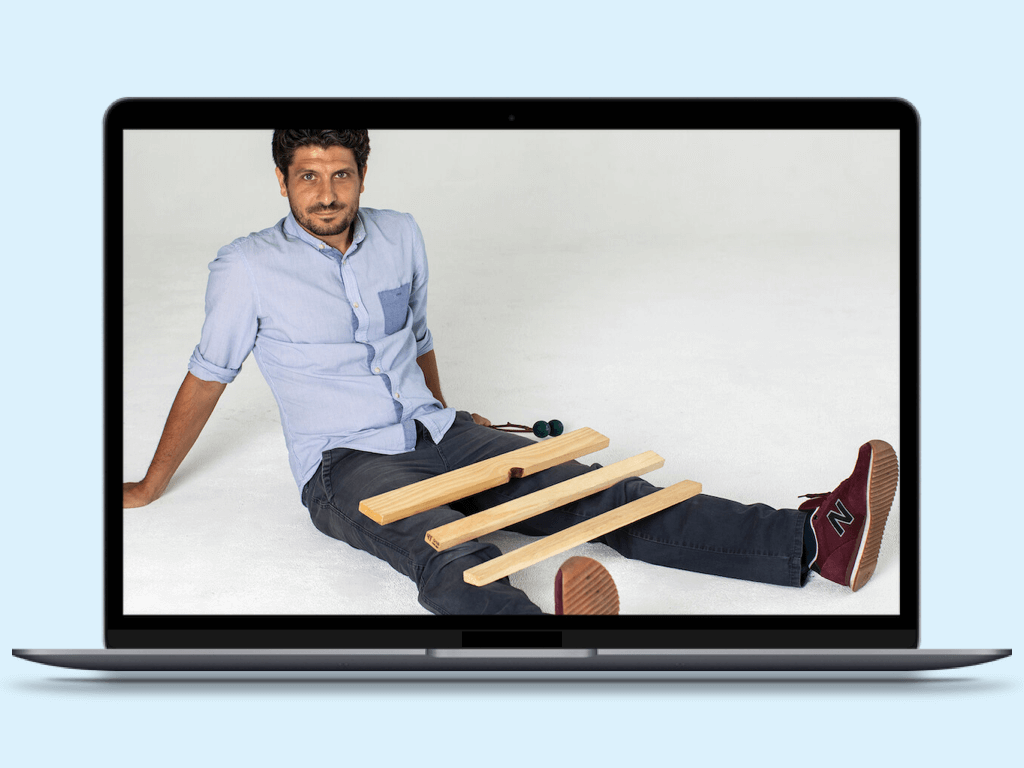
Hybrid? How does it work?
-
You gather your educators’ team in a large space with a screen and speakers.
-
I run the hands-on session remotely on Zoom and interact with the participants.
-
Educators will participate actively, learn, and interact with each other constantly.
-
Beforehand, I’ll give you a list of no-cost materials to bring to the session.
Choose your PD training topic and get in touch!
Sensory Perception and Movement
- Exploring Tactile, Auditory, and Olfactory Systems, their Integration, and Beyond. Activity #1: Resonating Clothing Hangers Activity #2: “The Journey to Standing Up” Activity #3: “Peeling an Orange” Topics: Time perception; stimuli’s intensity; tactile and auditory competence; fine and gross motor skills + imagination; balance and kinesthetics; curiosity and discovery; autonomous learning experiences v. direct instruction.
- Exploring Balance, Sound, Gravity, and Behavior. Activity #4: Body Xylophone (Sensory Integration, Psychomotor Education, Special Needs) Activity #5: “Running and Laughing” Activity #6: Paper Parachute Topics: Proprioception, sensory integration & behavior, overstimulation, self-regulation, elements of psychomotor education, sensory integration through collaborative play
- Learning from Everyone’s Sensory Systems through Play and Movement. Activity #7: “Snowball Fight” Activity #8: “That’s You!” a Body-scheme game Topics: Sensory integration through collaborative play, body scheme and discovery of the individual “form,” embodied cognition, and learning through imitation.
Teach SEL through STEM
- Direct, Practical Implementation Through multiple interactive activities, you will learn how to appreciate learning as a physical and emotional act within a “natural” STEM environment you can easily set up in your classroom.
- Language, Emotion, and Science You will learn how to use children’s perceptual systems and embodied cognition as a language to introduce multiple conversations related to experiences in STEM.
- Social-Emotional Learning and Physics Learn how to combine oscillation, kinetic energy, and other physical phenomena with self-awareness, collaboration, and community.
- Science, Engineering, Math, and Inclusion Learn how to set up STEM-based experiences that support every child or student to thrive, ignite a problem-solving culture, and elevate each person’s potential.
Early Literacy: The Art of Inventing Stories
- Participants will “learn by doing” as many innate techniques children commonly use to invent stories.
- They will learn how to support young children’s imagination and interact in imaginative play “environments.”
- They will learn how to listen to any children’s verbal creative process and how to support them in finding their voice and other forms of expression, especially graphism.
- They will learn new ways to share stories with children beyond reading books out loud.
- They will learn how to construct a story by playfully analyzing the structure of stories.
- Finally, they will learn how to use books non-conventionally as a source to invent new stories.
Reggio-inspired Documentation
- Learning how to ask open-ended questions
- Re-learning how to listen to children
- Learning how to organize your teaching time (day, week, and season)
- Learning how to run projects
- Learning how to communicate with parents
- Learning how to self-assess your work
While attending the Embodied Learning virtual workshop, the gears in my mind were turning, inspired, and creating. Tommaso’s enthusiasm is captivating, and I’m so excited to learn how I will apply what I’ve learned not only to my virtual work with children but to my practice in the classroom.


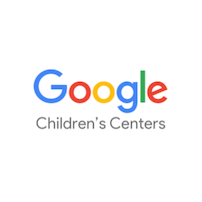
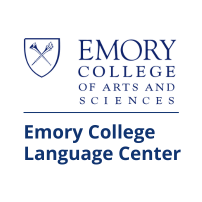
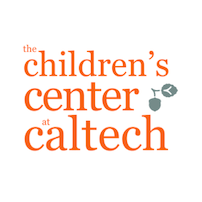
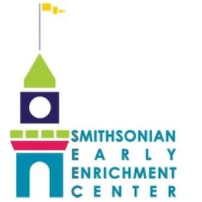
Meet Your Facilitator
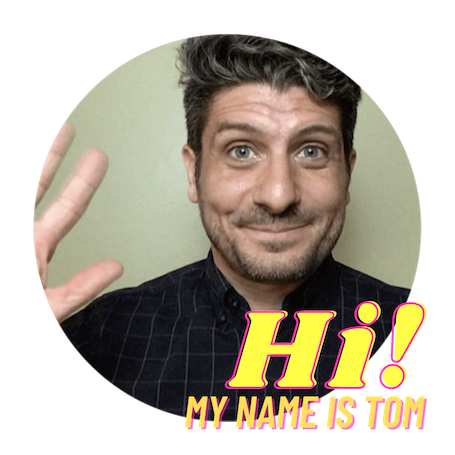
Hi, my name is Tommaso Lana.
I’m an educational consultant, facilitator, and founder of Embodied Learning.
I’ve been living and working internationally since 2005 (Germany, Australia, USA) and I’m currently based in New York.
I was born in Italy and went to a Montessori school when I was little. Growing up, I developed a passion for children’s autonomous learning, the experiential learning pedagogies from Northern Europe, and the Reggio Emilia approach.
I support and motivate educators’ teams and school directors and managers in exploring and appreciating young children’s learning potential through their sensory competence and movement.
My experience spans training educators’ teams for award-winning educational projects (Google Children’s Center, Children’s Center at Caltech), consulting high-end cultural institutions (The Smithsonian Early Enrichment Center), and mentoring managers in large public service systems (Los Angeles Public Library).

